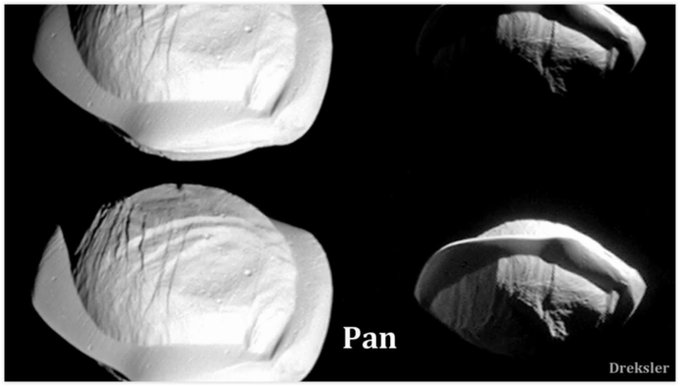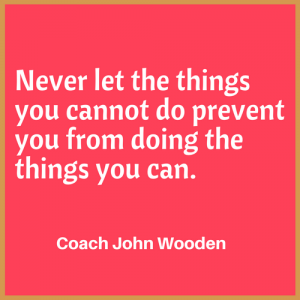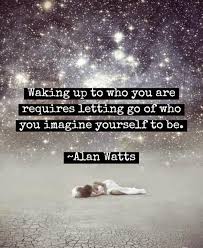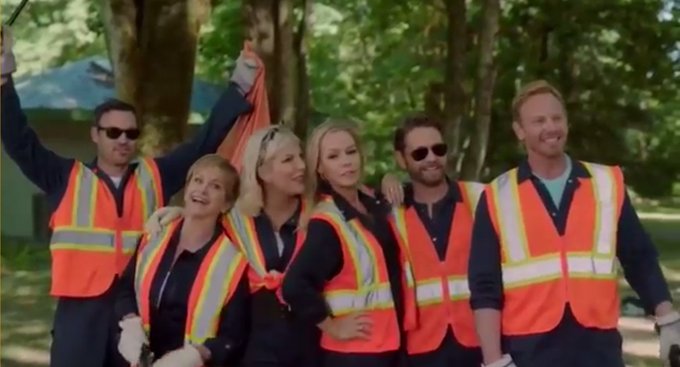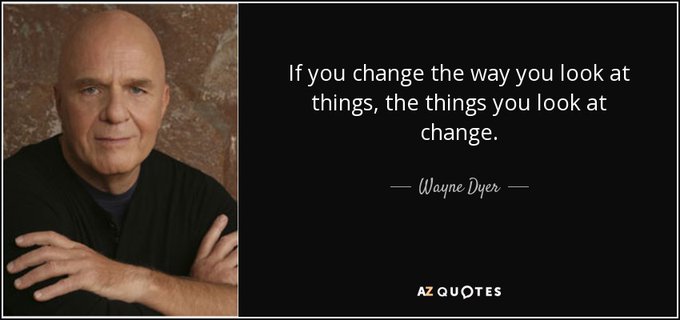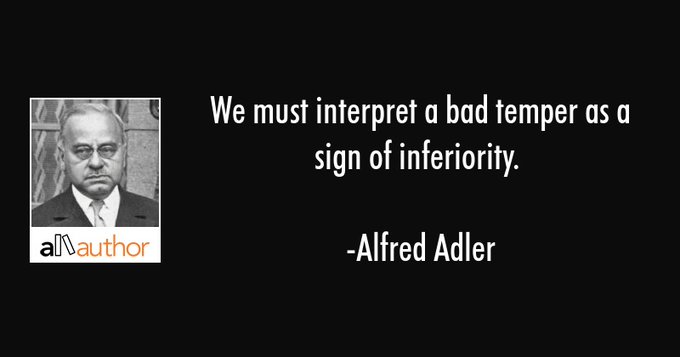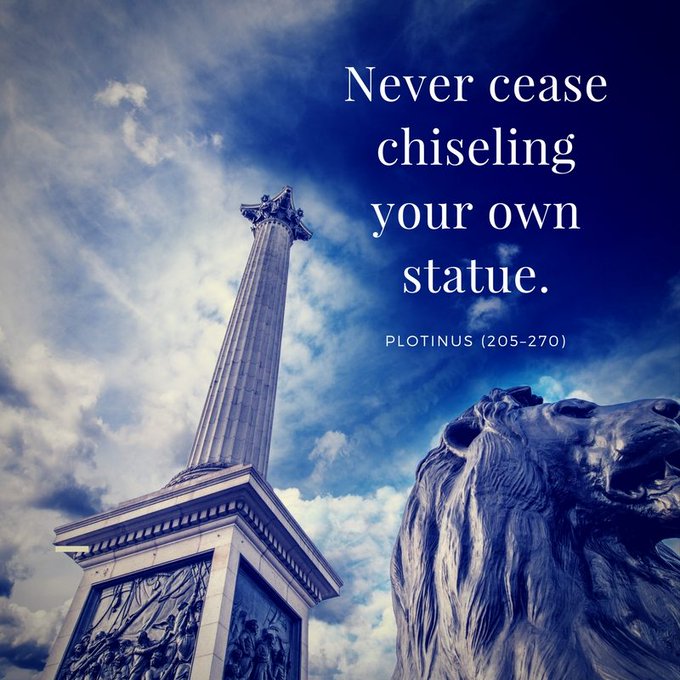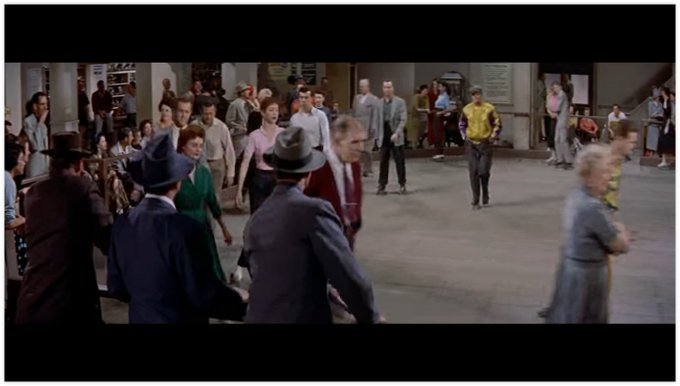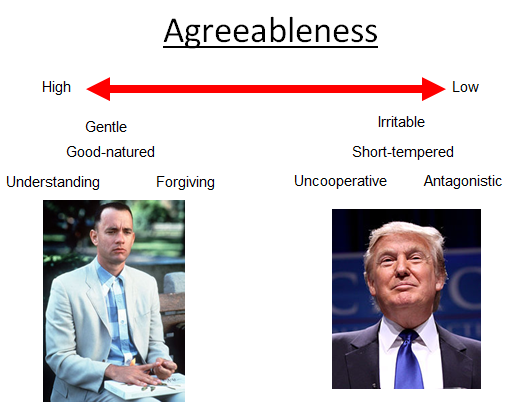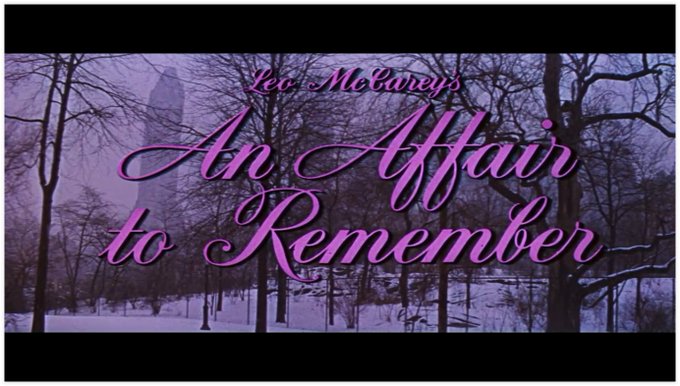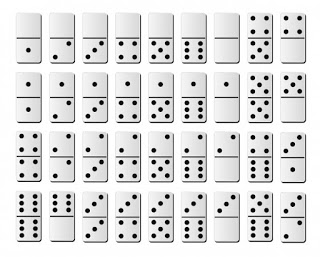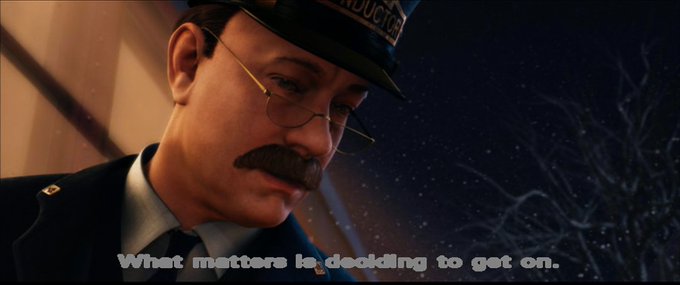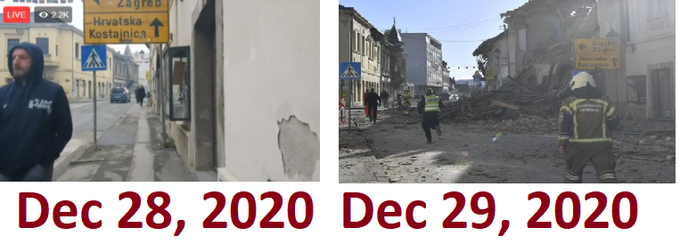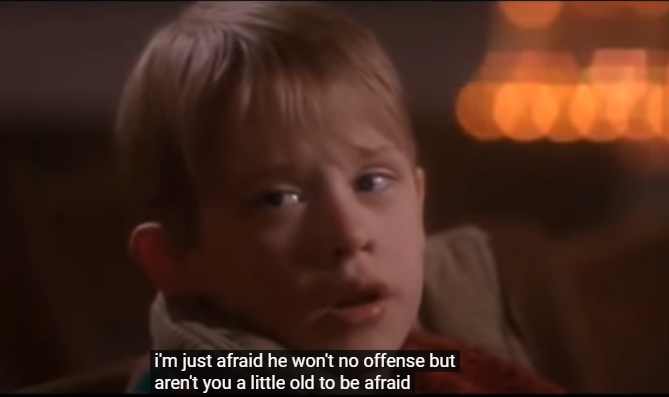Do you avoid activities at work or school that might involve you working closely with others because you fear they will criticize or reject you and your ideas?
Do you avoid making new friends unless you are certain that you will be liked and accepted?
Does it often take others several attempts to encourage you to join group activities before you will agree to participate?
In relationships (romantic or otherwise) do you find it difficult to talk about yourself and your feelings because you're afraid of being judged?
If someone is slightly critical of you, do you feel extremely hurt and withdraw from them and the situation?
Do you often feel not good enough or like anything you say will be perceived as wrong or stupid by others?
When you meet new people are you particularly conscious of being awkward, unattractive, or inferior?
Do you worry about taking risks or trying new things out of fear you’ll embarrass yourself?
Do you see potential for danger in situations that others in your life take part in without a second thought?
MY YT COMMENT:
In short:
Calm exaggerated thoughts of themselves. Social skills need to be practiced. Behavioral focus: how to cope with negative events during the day. Investigate difficult trauma from past. Modify unhealthy mechanisms from childhood.
This behavioural part is very interesting and I would talk about it more. Let's enter toxic people. I just opened another video "How to deal with toxic people" and 33rd second in the video it is stated:
https://youtu.be/n6kuygjTJxo?t=33
"Toxic People who you are not seeing them often, the best to deal with someone who falls in that category is to simply avoid them. It's best to avoid them as much as possible. "
"Official" psychiatry for some reason dismiss toxic people phenomena, narcissists, abusers and it focuses on the patient himself, as if a person is isolated and the (toxic) environment has no influence on someone's mental well-being. The AvPD basic message is avoiding is wrong and it should be overcomed. There is no mention of toxic shame - which is the generator and at core of avoidance pattern. I understand why this is so - it is because healthy person according to the official healthy organizations - it has adopted Viktor Frankl quote: 'every person is responsible for his thoughts, other people cannot influence your emotions'. This does make sense because we never know what the other person is going through and we should have empathy and take into consideration a plethora of possible reasons for someone being a jerk in certain situations, instead of listening to automatic inner flight or fight response and us running away from them automatically due to rush of adrenaline making us very afraid. But this is making the other people being forgiven and focus is on the sufferer, as if someone with avoidance issues chooses to be victim - and such perspective makes the social anxious person losing self-esteem which is crucial in becoming healthy and strong in social situations.
If official psychiatry would allow the fact that other people can indeed influence someone's mental status, it would mean that mental illness could spread around like a virus. Also, consequently it would mean that psychopaths should be identified early on in childhood and separated from healthy population. This could have fascist connotations in the long term and it could be abused - anyone who is not thinking as the official government could be labeled as crazy and institutionalized. And it also would mean that rude and aggressive narcissist people in power are basically criminals that should be institutionalized. The same people who write laws, enforce them, make decisions about other people. It messes the personal freedom, because who is to say someone's angry response, having a bad day messes someone who witness or interact with such person to "go crazy". That would lead to chaos.
But I still do not agree with Viktor Frankl - that you have a choice to create personal freedom inside you so that you can endure a bad day or some extreme conditions as nazi camps. I think this approach is the same unhealthy response as avoidance and it creates disorder in long term, both personally and externally. This ABC model is very frustrating for someone with avoidance issue because it simply does not work. It is logical and correct, but fear is not logical, fear resides in subconsciousness and should be dealt with other methods outside of logic as well. Seems to me the better logical way out is in alerting and alarming the abuser, it is about being authentic. In situations where you cannot escape uncomfortable situation, I think it is normal to be abnormal in abnormal situation - and it is normal to adopt unhealthy responses: for example to hold grudges, contemplate the revenge or safe and efficient escape, avoid and be aggressive as they are if possible. In healing avoidance, I'd lean more to Liberation Psychology, Timothy Leary and anti-psychiatry movement - where they recognize the impact of toxic environment and taking actions and decisions with environment taken in condsideration has a positive consequence on personal well-being.
All this leads to conclusion:
Avoidant, social anxiety condition is potential Rosetta stone for any other personality and mental disorder there is. If you crack it, you will solve any mental problem out there.
It seems to me the world is slowly taking the steps in correcting slightly psychopathic behaviour that cause avoidance behaviour in sensitive people. For example, last year certain corporations decided their produce name is offensive (Eskimo ice-cream). And yes, if kids see that adults are selling a product with derogatory name for minorities, this gives kids permission to ashame and make fun of others as something normal.
Another example is me too movement. Where in 1980s it was normal for movie industry to abuse women and Bill Cosby or UK presenter to molest random female cast - now it is no longer acceptable and silently approved.
I think in the future, it will be possible to identify conditions and behaviors in kids to correct them early on in order to avoid deviant, toxic adults in the future that has negative effect on mental well-being of general population.
It all comes down to being kind to each other, being mindful about other people - if someone is rude and aggressive - instead of labeling it as crazy and avoid it, it is about recognizing that we never know what the other person goes through and why they act the way they do. If they ashame others, if they are extremely unkind and violent - that we warn and alarm, alert them. And if they don't change - avoid them with a good reason and not feeling guilty or ashamed that I might be mentally unstable because I avoid them. The problem is what to do in situation such as job - where you must endure the potential psychological abuse because otherwise you'd starve to death and be homeless without money if you avoid working. Therefore, avoidance is product of general environment that needs serious, deep, complex fixing up.
I understand why official psychiatry is focused on avoidance as serious problem (and not the environment) - it is because it is only with exposing and experience that you can gain confidence and information needed for you to function normally. But instead of Aristotelian approach of labeling phenomena, I would choose fuzzy logic instead - and allow in certain conditions, situations and environments to avoid as the best way to deal with certain bad situations. Not as a rule, just as one way to cope. If you live in a poor country, where in the East it is normal to ashame and abuse people as mentality and adopted way of living - it would be the best choice to flee away to the West, to some normal, civilized country and thus avoid it. In the richer country, if you are abused at work, you can quit and find another job with better people. In poor county you cannot find another job, because the county is corrupted and economy is bad. Therefore, avoidance is indicator of social issues on larger scale, rather than solely being the fault of individual. If you have psychological safety, you would not avoid, you would feel comfortable with people around you.
The mental problem with avoidance is then when you avoid daily activities that are not harmful, that there are not immediate threat and there are no objective reason to avoid, there are no bunch of people who mock and ridicule your every move. If you have objective psychological safety around you - and you still avoid - then this is the problem of individual and focus should and could be effective on personal issues such as childhood trauma, social skills, as suggested in this video and official data available on internet and official mental health books.
It is also about realizing if someone is ashaming you, that this person has mental issues himself and you are not abnormal for uncomfortable feeling by their words. If someone yells and is aggressive, that does not make this person automatically authority, stronger and right, so we can shift inferiority complex away and replace it with love and enforce our already present empathy and sensitivity, instead of being ashamed of it as dark parts of ourselves.
